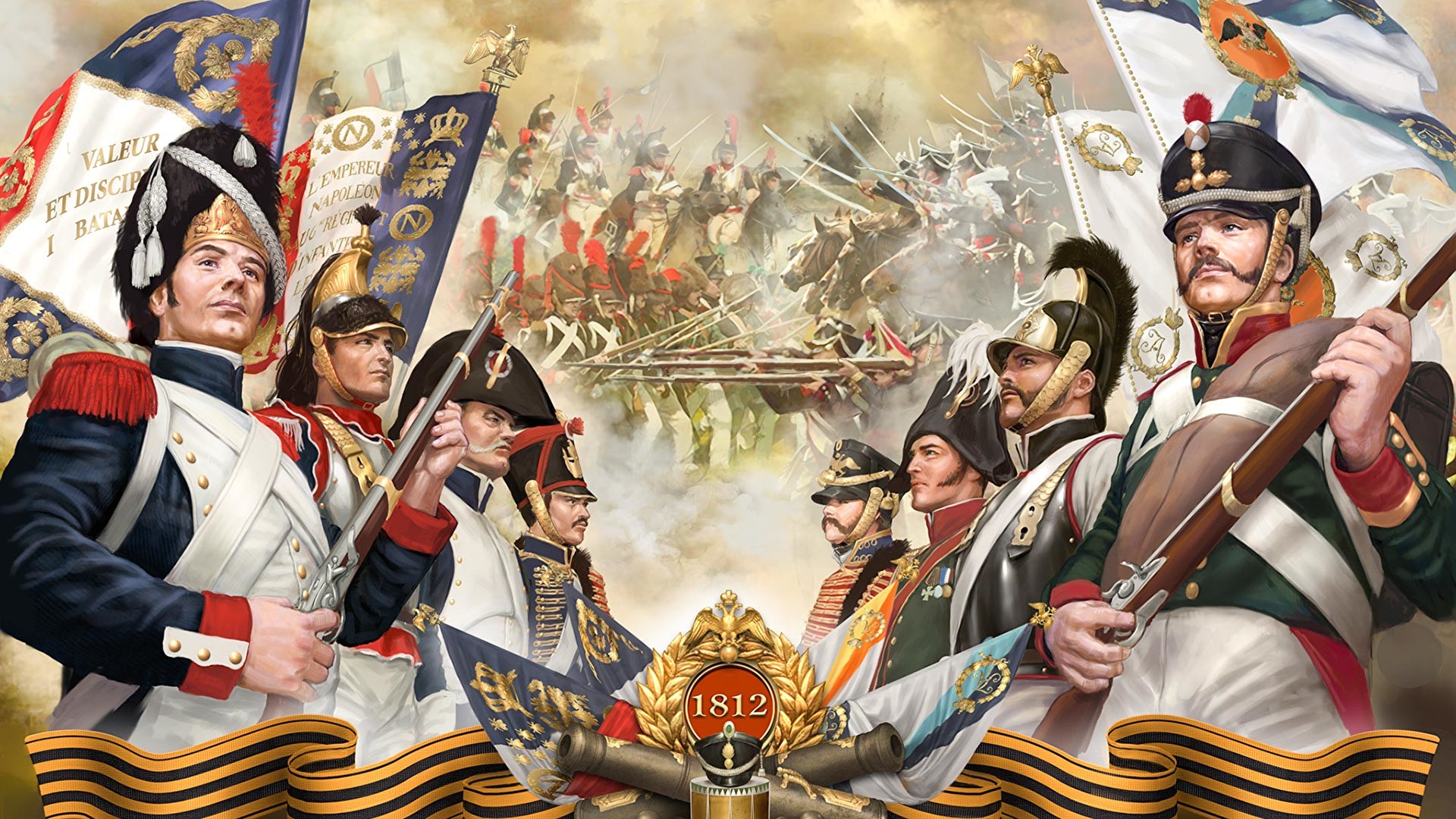
BY Oskar Wermter SJ GERMANY and France fought three wars within 100 years, French-Prussian War 1812.
The First World War (1914-1919) and the Second World War (1939-1945). The Germans started this War in 1914 with great enthusiasm, only because an Austrian aristocrat had been killed.
The Second World War was a war of revenge. German generals would not accept defeat. Hostile forces had never stepped on German soil, but for Adolf Hitler’s regime it was unacceptable that they had been defeated once more, the allied powers decided that Germany had lost the contest and was sentenced to a huge fine of minerals from German mines.
Many goods trains carrying coal, rolled from Germany to France to pay for the damage the German army had inflicted on their “inherited foe”. Honour and self-respect demanded that more blood had to be shed so as to wipe out the dishonour of this defeat. Again the German generals and their armies could not accept that once more they had been vanquished.
According to their treaties with the victorious allied powers they were not allowed to start a new army, but they did so anyhow. But it is an old experience that once you have an army, you also want to wage a war. The Second World War started on September 1, 1939 when the German army invaded Poland. In order to end the war in 1945, the Americans had to drop atomic bombs on Hiroshima and Nagasaki. That was their excuse for this genocide when nuclear bombs were dropped on large cities and their huge populations. The Americans claimed that without this mass murder, the world war could not be brought to an end. Conventional armament would not give Japan the deep shock to convince it that it had no chance to put an end to this war in a conventional armed conflict.
Europe came to the conclusion that warfare had to be made impossible in future. Three statesmen got together and decided to make their countries economically mutually dependent: de Gasperi of Italy, Robert Schumann of France and Konrad Adenauer of (West) Germany. The European Union was able to avoid any war between their countries and, indeed, in the whole of Europe.
That is why European citizens were dismayed when Britain through its Brexit policies (British exit) undermined European unity and close economic co-operation. No one who lived through World War Two (like the writer of this article) welcomed this retrogressive policy change.
There were more wars in the 20th century, for example, the war between Israel and Palestine. It started in 1948 and has been going on with interruptions since then until today.
- Chamisa under fire over US$120K donation
- Mavhunga puts DeMbare into Chibuku quarterfinals
- Pension funds bet on Cabora Bassa oilfields
- Councils defy govt fire tender directive
Keep Reading
We want to know why again and again wars break out. People with families are deeply afraid of wars. They lose their fathers and elder brothers killed in the senseless fighting and shedding of blood.
I say this as a very personal conviction. I never knew my father. He died as prisoner of war after the war had come to an end.
Now once again people in Europe tremble with fear in case the conflict between Russia and the Ukraine should spill to Central Europe.
We ask now: “Why is there this renewed fighting? Why do we have to fear a Third World War? For more than 50 years Cold War strategies preserved peace in Europe.
They called it “Mutual Deterrence”, especially in the use of nuclear armament. Since Hiroshima and Nagasaki in 1945, no other nuclear weapon has been used in combat. Nuclear powers were terrified by the destructive power of their own weapons.
But the military powers are not yet content with the arsenal of weapons that they have. They want more and stronger weapons and greater power.
They want to make the Cold War even colder, for example, give them more power and make them more of a deterrent weapon. The powers will be more frightened by them. That they need to be more deterrent and, therefore, more powerful.
Russia lost the Cold War (1945–2000). It is no longer a superpower. It is only second-rate. That riles it. That is one of the reasons (if not the only reason for continuing the Cold War and starting again a Hot War, in their war against Ukraine). They wish by all means to become a super-power again. The 40th US President Ronald Reagan was triumphant in the Cold War. Russian President Vladimir Putin sees this war against Ukraine only as a beginning.
That is why he has launched the war against his neighbour and former ally Ukraine. That is the main reason. It is all a matter of prestige and ambition. It is not an economic war, but a contest about political power and recognition as a power that is invincible. This is a scenario of competing for power so as to be able to reign without any hindrance.
- Read full article on www.newsday.co.zw
- Fr Oskar Wermter SJ is a social commentator. He writes here in his personal capacity.











